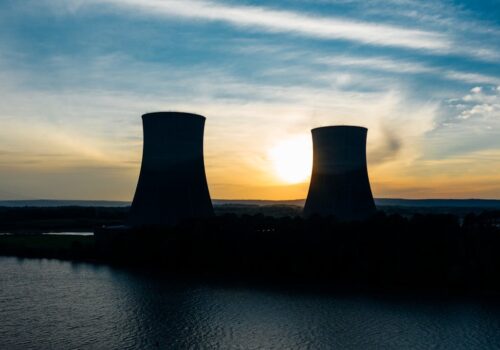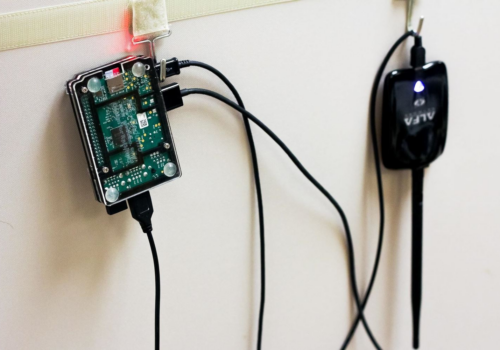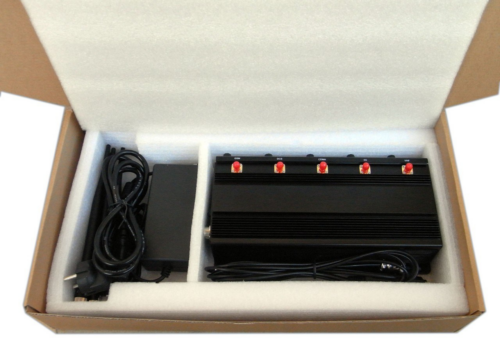Countries for Pursuing a Nuclear Engineering Degree
Nuclear Engineering is a complex and multifaceted field of study; it requires the convergence of various Physics principles as well as core scientific knowledge to achieve successful outcomes.
If you’re interested in taking advantage of the tremendous opportunities presented by this growing, yet lesser-known field, then you can discover an ideal school with a top-notch nuclear engineering curriculum and atmosphere in one of the countries listed below. Not to mention they are also budget-friendly!
Best Countries Where You Can Study Nuclear Engineering
The USA
From its inception as one of the earliest nations to show interest in nuclear engineering, the United States has held a strong presence and leadership role in this field. Home to more than 30% of global electricity production powered by nuclear energy, it is clear that no other country holds comparably high standards when striving for excellence within this area of study–making America an ideal destination for those seeking advanced knowledge on nuclear engineering.
If you’re looking to gain hands-on experience in the field of nuclear power, choosing a country with an already-established program is imperative. An added bonus? Many United States companies actively seek out international students after they graduate!
The four-year program features tuition costs that vary from $27,000 to $52,000 annually; on-campus boarding fees reach up to a maximum of $13,000 annually.
The UK
As the United Kingdom looks to move away from fossil fuels, they are investing heavily in nuclear power plants and making a major shift toward renewable energy sources. To accommodate this growth, there is an escalating need for graduates with specialized skill sets who can help support the transition by working in this sector. With so many opportunities available, now is a great time to consider pursuing career paths within sustainable energy production!
Take advantage of the many chances to get practical experience with state-of-the-art facilities, where you can simulate how machines affect various components. This course runs for 3-4 years, and tuition costs between €26,000 to €30,000 annually; on-campus housing prices reach around €4,600 ($5300). Residents off campus will be expected to pay additional fees.
International students who study abroad are allowed to work part-time for up to 20 hours a week, opening the door to more job opportunities. Additionally, many scholarships are available, which can help reduce the financial burdens associated with studying overseas.
Hungary

In Hungary, a single nuclear power plant is used to support the country’s electricity supply. To ensure a steady flow of electrical energy, the nation has taken up an intensive focus on recruiting and training professionals in the sphere of nuclear engineering to replace its aging workforce. Additionally, students can receive advanced instruction from the International Nuclear Management Academy at one university located in Hungary.
This four-year course provides students with tuition fees ranging from $600 to a maximum of $3,000 per year. Furthermore, those who choose on-campus housing will incur a monthly fee between $70 and $140, while private apartment renters may need to pay more.
During the academic term, the Stipendium Hungaricum program allows international students to work a maximum of 20 hours per week. However, when summer break arrives, they are permitted to up their working hours and be full-time employees! On top of that, this program also provides generous scholarships and allowances for its participants.
Romania
Romania is renowned for its superior education, equipped with cutting-edge facilities and research. In fact, the country has become a prominent destination for international students studying engineering, medicine, or science.
Studying in Romania offers an incredible opportunity to access one of the fastest internet connections in the world! Additionally, Romanian courses are accessible not only in English but also in French, German, Hungarian, and of course, Romanian. With such a diversity of language options available at your fingertips – why wait any longer?
Not only are courses available, but tuition averages an affordable $8,100 per year. Keep in mind that on-campus housing is a mere $70 monthly, and private accommodations range from $175-$350. To help international students make ends meet while attending classes, there are part-time job opportunities with limited hours of up to four hours daily. Plus, scholarships offer even more support!
Japan
Boasting educational excellence, Japan has garnered an admirable global reputation for its advances in technology and research. As the nation’s doors open wider to international students, numerous graduate-level programs have been designed specifically to create high-caliber professionals proficient in nuclear engineering.
Education courses are accessible for up to four years, with tuition rates ranging from a minimum of $10,000 for one year of studying and reaching as high as $22,000. Apartments may be rented at an average cost of no more than $600 monthly.
Moreover, both the Japanese government and universities provide loans and scholarships for students who need financial aid. As if that wasn’t enough – international students have permission to work part-time providing they stay within 28 hours on average each week!
Conclusion
Nuclear engineering is a field of study that will continue to be in demand as countries around the world shift towards more renewable energy sources. The countries discussed here provide updated nuclear engineering courses, competitively priced tuition fees and living expenses, and work opportunities with various scholarships available to those who need financial support.
All of these nations have become ideal destinations for international students seeking training in nuclear engineering, so consider your options and find the best destination for you! This article has been written for informational purposes only and does not constitute professional advice. Please consult an appropriate professional before deciding about your education or career path. Thank you for reading!




